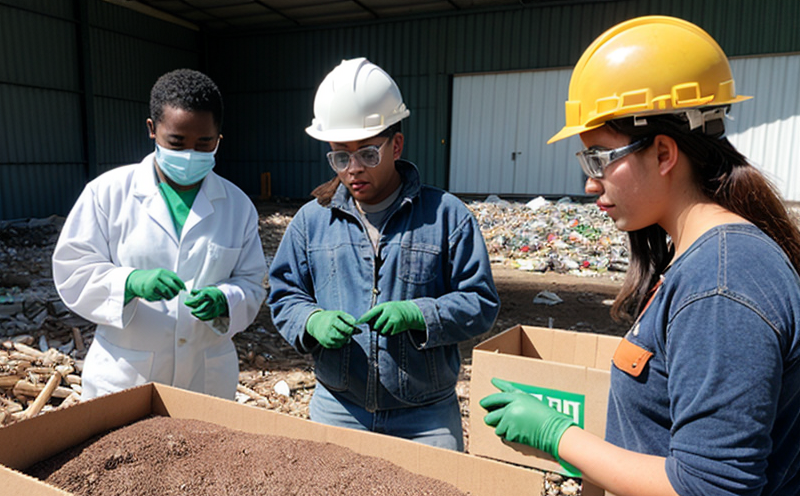Real Life Durability Test of Recycled Toy Materials
The durability testing of recycled toy materials is a crucial aspect in ensuring that toys are safe and sustainable. This service aims to provide real-life conditions under which toy products made from recycled materials can be subjected to rigorous tests. Our expertise lies in replicating the exact usage scenarios children typically experience, thereby offering valuable insights into how well these materials withstand daily wear and tear.
Our testing facility houses state-of-the-art equipment designed specifically for this purpose. These machines simulate various environmental factors such as temperature fluctuations, humidity levels, abrasion from play activities, and impact forces that a toy might encounter during typical use. By subjecting samples to these conditions over extended periods, we can accurately measure the degradation rate and strength retention of recycled materials used in toys.
The process begins with careful selection of representative samples based on current market trends and consumer preferences regarding sustainable practices within the toy industry. After preparation using standard methods outlined by relevant international standards (ISO/IEC 17025), each sample undergoes multiple cycles of simulated usage conditions. During these tests, we meticulously record any changes in appearance, texture, flexibility, or functionality that may indicate signs of weakening due to prolonged exposure.
Once all testing is complete, our experienced analysts compile comprehensive reports detailing the results observed throughout every stage of the process. These documents serve not only as proof points for compliance with regulatory requirements but also as valuable tools for product development teams seeking continuous improvement in their offerings. They enable manufacturers to make informed decisions about material choices and design modifications aimed at enhancing both quality and environmental impact.
Our commitment extends beyond just providing robust test data; it includes offering constructive recommendations based on our findings. For instance, if certain recycled materials exhibit poor resilience against mechanical stressors like bending or twisting motions commonly associated with certain types of toys, we suggest alternative blends that could potentially offer better performance without compromising sustainability goals.
By leveraging this service, toy companies can gain a competitive edge by ensuring their products meet stringent quality standards while adhering to growing expectations around eco-friendliness. This approach fosters trust among consumers who value responsible corporate citizenship and encourages long-term loyalty towards brands committed to environmental stewardship.
Industry Applications
| Application Area | Description |
|---|---|
| Sustainable Product Development | Assists manufacturers in identifying sustainable materials that can withstand harsh conditions without compromising on quality. |
| Regulatory Compliance | Ensures compliance with local and international regulations related to toy safety and environmental impact. |
| Innovation in Toy Design | Promotes the development of innovative designs that incorporate recycled materials effectively into children's play experiences. |
Eurolab Advantages
Our reputation for excellence stems from years of experience serving clients across diverse sectors. Here are some key advantages offered by Eurolab:
- Accreditation to ISO/IEC 17025 ensuring high standards in laboratory practices.
- A team of highly qualified and experienced professionals who stay updated with the latest industry trends and technological advancements.
- Comprehensive suite of testing capabilities covering all aspects relevant to toy product development.
- State-of-the-art equipment capable of simulating real-world conditions accurately.
- Dedicated customer support teams available round the clock for any queries or concerns.
Environmental and Sustainability Contributions
- Reduces waste by reusing materials that would otherwise end up in landfills.
- Promotes circular economy principles through responsible use of recycled resources.
- Encourages innovation within the toy manufacturing sector towards more sustainable practices.
- Contributes to reducing carbon footprint associated with traditional toy production methods.





